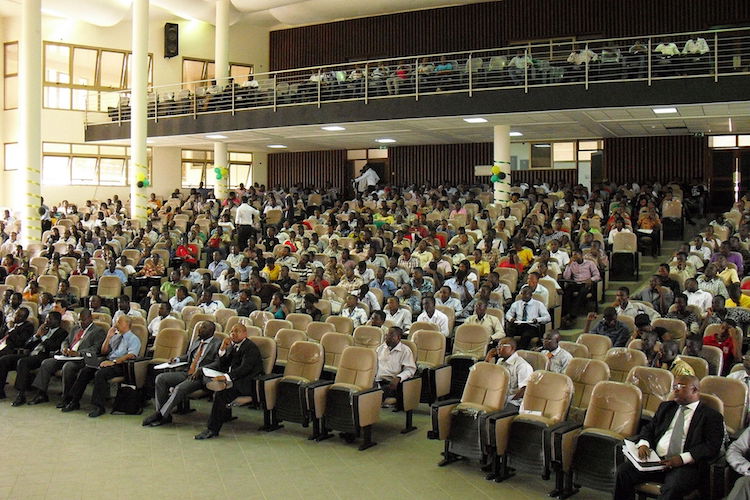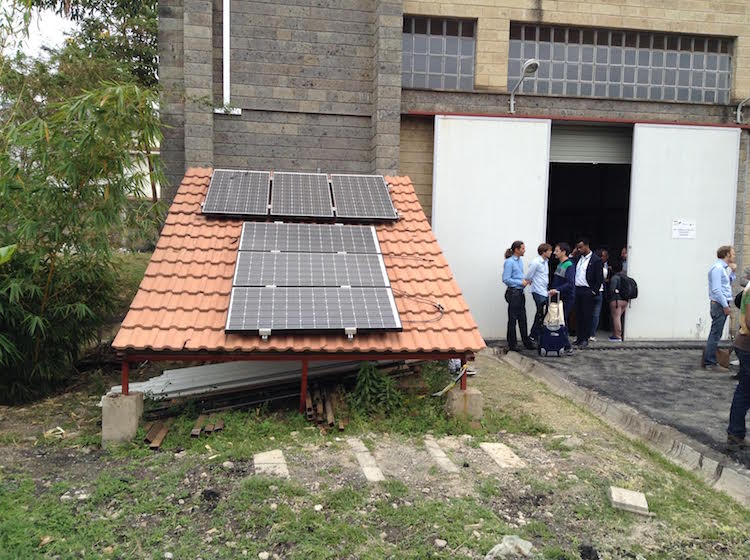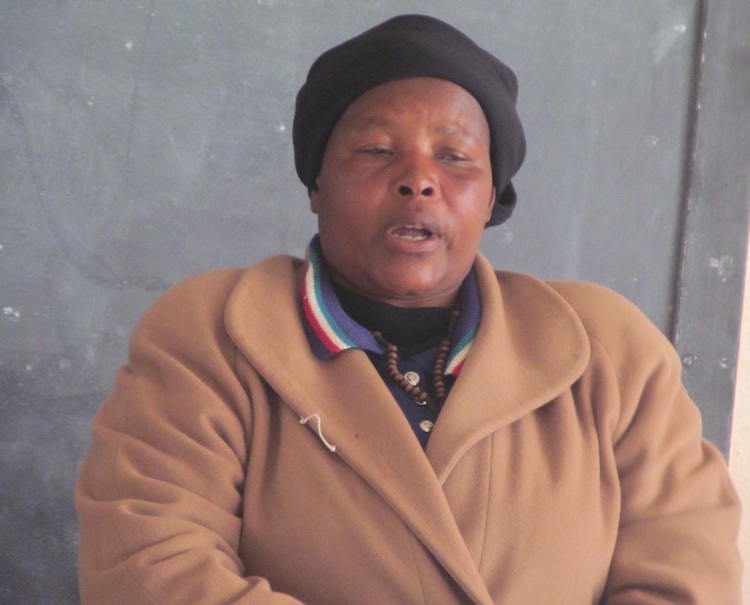By Justus Wanzala
NAIROBI (ACP-IDN) – Due to a rapid increase in population in African countries, boosting food production through increasing crops yields and livestock production to eliminate hunger is attracting the attention of governments.
However it is emerging that as Africa tackles food security challenges, it must also fight poor nutrition. Stakeholders in the agriculture observe that food and nutrition security issues require a multi-pronged approach that brings on board farmers, policy makers and researchers.









